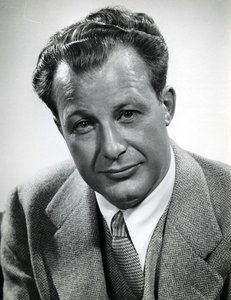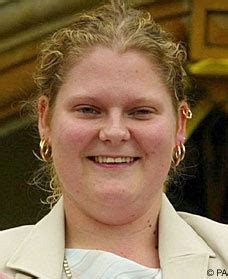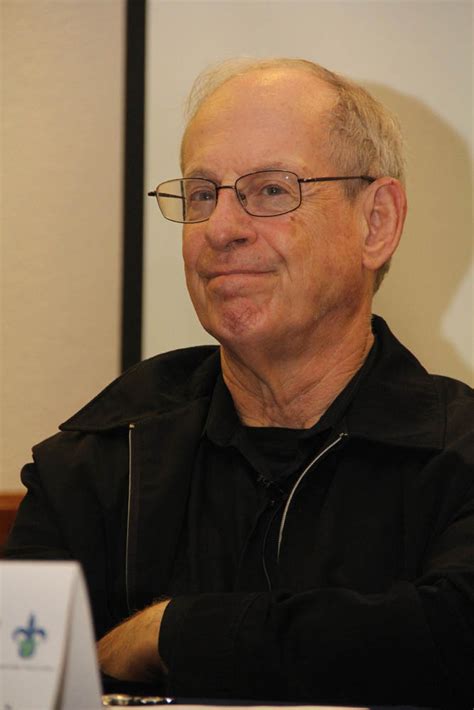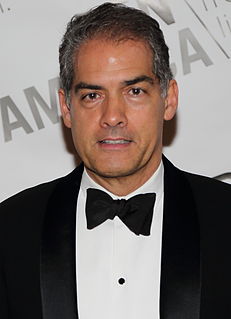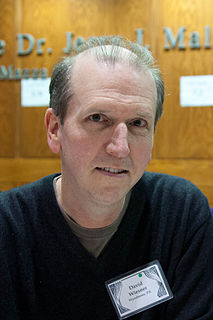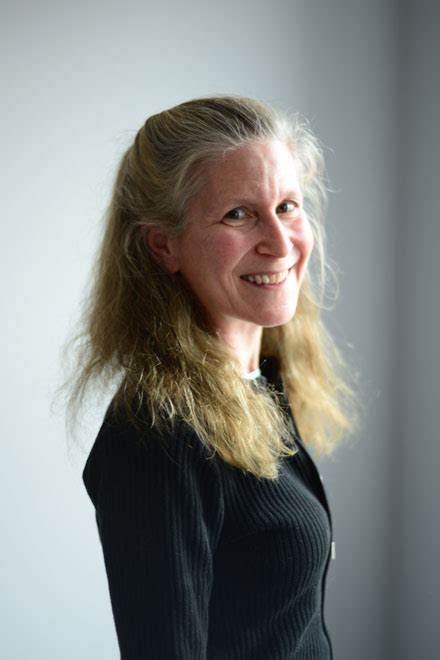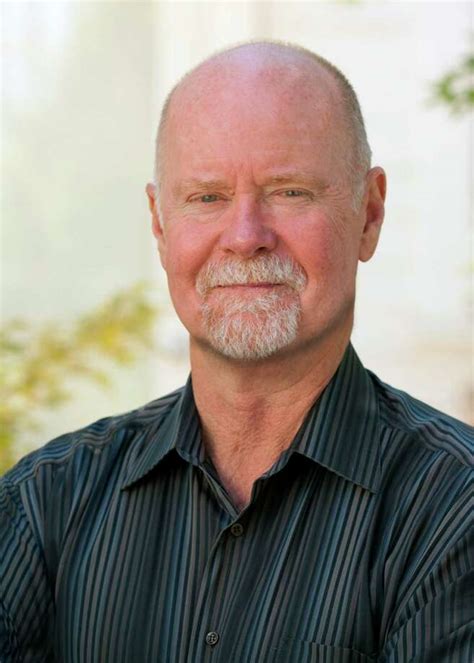Top 1200 Children Reading Quotes & Sayings
Explore popular Children Reading quotes.
Last updated on April 14, 2025.
The same plasticity that allows us to form a reading circuit to begin with, and short-circuit the development of deep reading if we allow it, also allows us to learn how to duplicate deep reading in a new environment. We cannot go backwards. As children move more toward an immersion in digital media, we have to figure out ways to read deeply there.
If we are always reading aloud something that is more difficult than children can read themselves then when they come to that book later, or books like that, they will be able to read them - which is why even a fifth grade teacher, even a tenth grade teacher, should still be reading to children aloud. There is always something that is too intractable for kids to read on their own.
I grew up in this household where reading was the most noble thing you could do. When I was a teenager, we would have family dinners where we all sat there reading. It wasn't because we didn't like each other. We just liked reading. The person who made my reading list until my late teen years was my mom.
The only time I felt I was different was when one of my friends said, 'I hate reading' and I stared at her like, 'What kind of an alien creature are you?!' Because it was so incomprehensible to me that someone could dislike reading! That really started my desire to help other children love reading and writing.
Teenagers are always sneaking around in drawers where they shouldn't go and reading things they shouldn't be reading. And that's an attempt to try, I think, to penetrate, that's how I found out as a teenager what was going on, was by sneaking into drawers and reading letters that I had no business reading.
My personal view is that reading has to be balanced. Obviously, there's a certain amount of reading that we have to do academically to continue to learn and to grow, but it's got to be balanced with fun and with elective reading. Whether that's comic books or Jane Austen, if it makes you excited about reading, that's what matters.
My daughter is seven, and some of the other second-grade parents complain that their children don't read for pleasure. When I visit their homes, the children's rooms are crammed with expensive books, but the parent's rooms are empty. Those children do not see their parents reading, as I did every day of my childhood. By contrast, when I walk into an apartment with books on the shelves, books on the bedside tables, books on the floor, and books on the toilet tank, then I know what I would see if I opened the door that says 'PRIVATE--GROWNUPS KEEP OUT': a child sprawled on the bed, reading.
The time-use studies also show that employed women spend as much time as nonworking women in direct interactions with their children. Employed mothers spend as much time as those at home reading to and playing with their young children, although they do not, of course, spend as much time simply in the same room or house with the children.
All children are heartless. They have not grown a heart yet, which is why they can climb tall trees and say shocking things and leap so very high that grown-up hearts flutter in terror. Hearts weigh quite a lot. That is why it takes so long to grow one. But, as in their reading and arithmetic and drawing, different children proceed at different speeds. (It is well known that reading quickens the growth of a heart like nothing else.) Some small ones are terrible and fey, Utterly Heartless. Some are dear and sweet and Hardly Heartless at all.
I think I'm still fed by my childhood experience of reading, even though obviously I'm reading many books now and a lot of them are books for children but I feel like childhood reading is this magic window and there's something that you sort of carry for the rest of your life when a book has really changed you as a kid, or affected you, or even made you recognize something about yourself.
When I read to children, I try to become the characters. It's great if you can make a separate voice for each character. Sometimes you can lower your voice with excitement or get more intimate about it: you can lean forward and engage the children as a narrator or as a reader. It's particularly important that you find the voice that you want to use for each character, because then children can imagine that person as you're reading aloud. And of course, the illustrations help enormously.
The State insists that, by thus quarantining the general reading public against books not too rugged for grown men and women in order to shield juvenile innocence, it is exercising its power to promote the general welfare. Surely this is to burn the house to roast the pig...The incidence of this enactment is to reduce the adult population of Michigan to reading only what is fit for children.
Support your public library! It is a treasure and a legacy that will provide entertainment, information, a sense of community, and real continuity from one generation to the next, and the next after that. So long as we keep reading, and reading to our children, there will be hope for our shared cultural heritage and the future of our world.
I'm always loath to make generalizations about what is for children and what isn't. Certainly children's literature as a genre has some restrictions, so certain things will never pop up in a Snicket book. But I didn't know anything about writing for children when I started - this is the theme of naïveté creeping up on us once more - and I sort of still don't, and I'm happy that adults are reading them as well as children.















